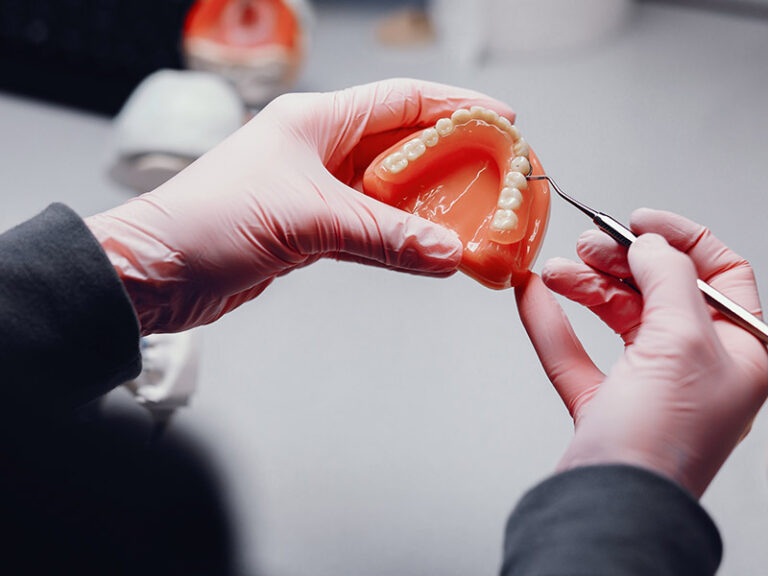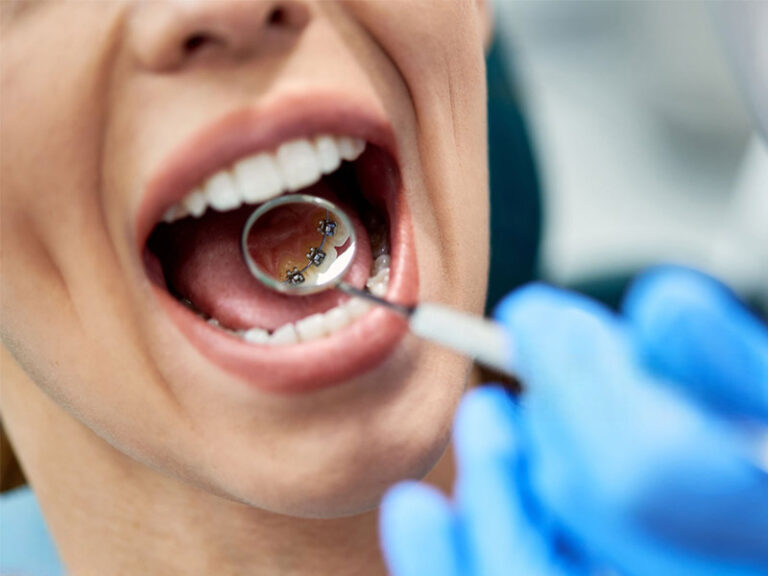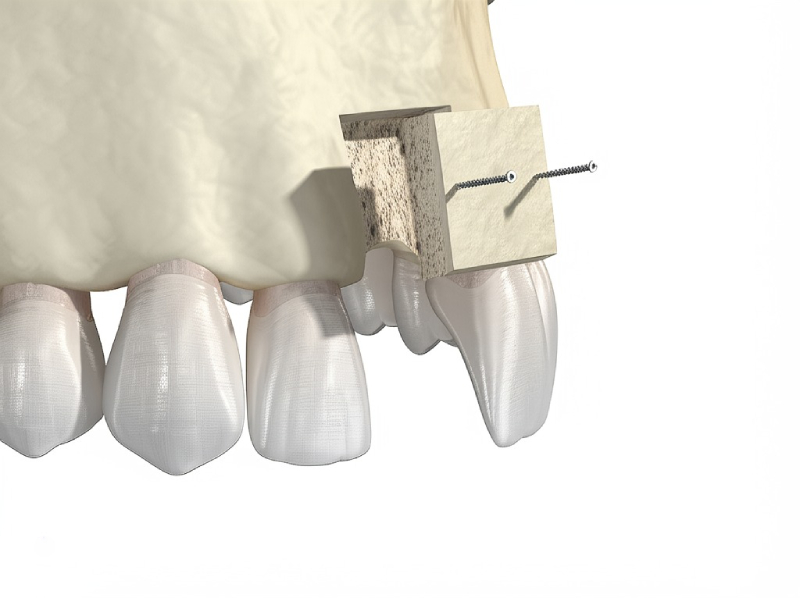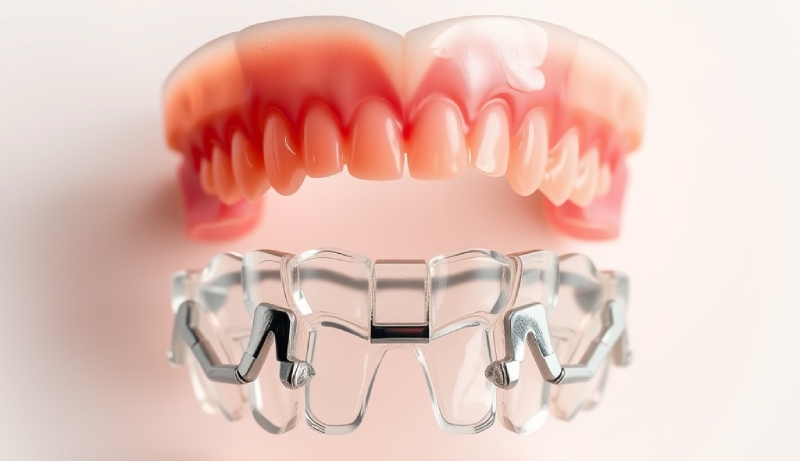
Why Acrylic Teeth Are a Top Choice for Patients: A Clear Guide
Ever wondered, “Are acrylic teeth really one of the best ways to fill in for missing teeth?” You’re not alone. Lots of people—whether for themselves, someone close, or a patient—ask this same thing. Let’s be real: losing teeth affects way more than just your looks. It can mess with eating, talking, and even how you feel about yourself. If you want something that looks good, feels okay, and doesn’t cost a fortune, acrylic teeth (also called acrylic dentures) are worth a closer look.
As someone who cares about your dental health, let me explain everything in simple language. We’ll see why so many pick acrylic teeth—what makes them good, what you might want to think about, and how to tell if they’re right for you.
Table of Contents
What Are Acrylic Teeth?
Think of acrylic teeth a bit like special-made sneakers for your smile. They’re fake teeth made from a strong, tooth-colored plastic called polymethyl methacrylate (PMMA)—a long name, but all you really need to know is that it’s safe, light, and looks a lot like real teeth.
Types of Acrylic Dental Prosthetics
- Complete Dentures: If you’ve lost all your top or bottom teeth.
- Partial Dentures: For filling in space when you still have some real teeth left, using small clasps that hold onto those teeth.
- Immediate Dentures: Put in right after your teeth are pulled, so you’re never without teeth.
- Temporary/Flippers: Used for a little while as you wait for something more lasting.
Acrylic dentures have been used in dental offices for a long time, and that’s because they work well for lots of people. They give a have-it-your-way answer that fits nearly everyone.
The Big Benefits: Why So Many Choose Acrylic
Why do so many people like acrylic teeth? Here’s the lowdown:
- Won’t Break the Bank: Acrylic dentures cost less than porcelain or implant options. If you need to replace a whole row, price really matters.
- Fast Turnaround: You don’t have to wait months. Dental labs can make acrylic dentures in a few weeks, sometimes faster.
- Easy to Fix or Change: If they don’t feel quite right or you crack a tooth, your dentist can fix acrylic much faster—and usually cheaper—than other types.
- Look Real Enough: Newer acrylics come in lots of shapes and shades. It’s easier for the dental lab to find one that matches your real teeth.
- Light and Easy on Gums: Acrylic is gentle with your gums and any other teeth left. It’s lighter than porcelain and often comfier to wear.
A Little Analogy:
Acrylic dentures are like your dependable family car: not fancy or race-ready, but affordable, practical, and works great for most people.
Things to Know Before You Decide (Potential Downsides)
Acrylic teeth sound great, don’t they? They are good for lots of folks, but they’re not perfect. Here are a few things to keep in mind:
- Don’t Last Forever: Usually last about 5–8 years. Acrylic wears out with time, especially if you grind your teeth or chew a lot of hard stuff.
- Can Stain: Acrylic is a bit porous, so things like coffee, tea, and red wine may leave stains unless you clean them often.
- Don’t Help Your Jaw Bone: Unlike implants, acrylic dentures sit on the gums and don’t stop bone shrinkage in your jaw.
- Might Feel Bulky at First: Acrylic dentures are a bit thicker than some other choices. They may feel a little odd at first, but most people get used to them in a couple of weeks.
Acrylic Teeth vs. Other Tooth Replacements
Here’s how acrylic teeth stack up against other common choices:
| Feature | Acrylic Dentures | Porcelain Dentures | Flexible Partials (Valplast) | Implant Dentures |
|---|---|---|---|---|
| Cost | $$ | $$$ | $$ | $$$$+ |
| Lifespan | 5–8 years | 7–15 years | 5–10 years | 15+ years (implants last longer) |
| Looks | Good–Great | Great | Good | Great |
| Repair | Easy | Hard | Not Good | Okay |
| Help for Jawbone | Doesn’t stop bone loss | Doesn’t stop bone loss | Doesn’t stop bone loss | Keeps bone healthy |
| Comfort | Good (can adjust) | Good (heavy, hard) | Great (light, bends) | Great (doesn’t move) |
Quick Points:
- Implants are stronger and keep your jaw bone better, but cost more and need surgery.
- Porcelain looks really good and lasts, but is heavy and expensive—and harder.
- Flexible partials (like Valplast) are super comfy, nice for a few missing teeth, but you can’t use them to replace a full set or fix them easily.
- Acrylic dentures are in the middle: not too costly, can adjust, and work for almost anyone.
—
Who’s a good fit for acrylic dentures?
- People who need lots of teeth replaced (all or part).
- Folks who want a cheaper answer.
- People who want a short-term fix (while waiting for implants or something else).
- Anyone who’ll clean them every day.
Acrylic dentures might not be best if you grind your teeth a lot, have heavy bone loss, or want a forever, “don’t-think-about-it” answer.
What to Expect: The Step-by-Step Patient Process
Here’s what usually happens when you get acrylic dentures:
- First Visit & Impressions:
Your dentist checks your mouth and makes soft molds of your gums and any teeth you still have. - Wax Try-In:
You “try on” a model made out of wax to see how it looks and feels before your real ones are finished. - Final Fitting:
You get your finished dentures. The dentist makes sure they fit right and teaches you how to use and clean them. - Follow-Up Fixes:
Expect to come back a couple times for tweaks. If something pinches or feels loose, that’s normal at first, and it’s easy to fix.
Worried about having no teeth in the meantime?
Ask about immediate dentures. These go in right after your teeth come out, so you won’t be without a smile.
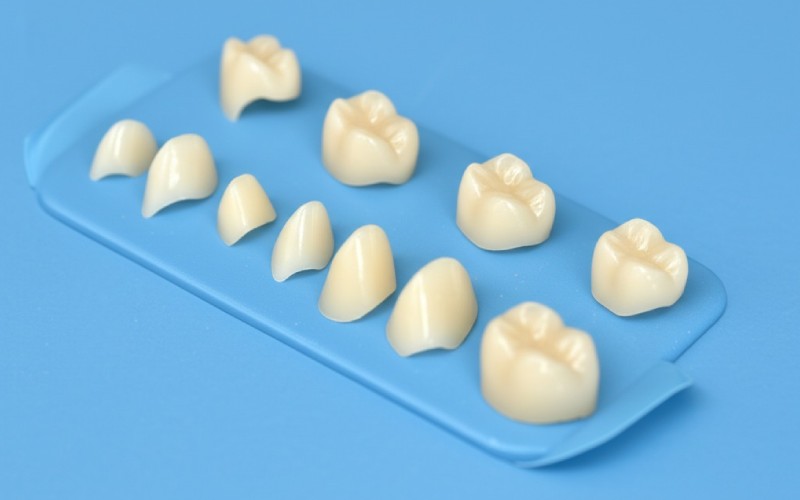
Costs, Lifespan, and Everyday Care
How much do acrylic dentures cost?
Prices change depending on where you live, how many teeth you need, and what materials are used. Here’s a simple idea:
- Full set: $1,500–$5,000
- Partial denture: $800–$2,500
Dental insurance usually helps with some of the cost, so check your plan.
How long will they last?
With daily cleaning and dentist visits, you can get 5–8 good years from acrylic dentures. Your mouth can change shape as time goes on, so you might need them adjusted (“reline”) every year or two.
How do you keep them nice?
- Clean every day using a denture brush and a cleaner made for dentures (not toothpaste, which can scratch).
- Soak them overnight in water or denture cleaner to stop drying or staining.
- Handle with care: They can break if dropped.
- Don’t sleep wearing dentures unless your dentist says it’s okay.
Are Acrylic Teeth the Best Option for You?
There’s no “one right answer” for everyone, but here’s what I can tell you:
Acrylic teeth are one of the most affordable, flexible, and trustworthy ways to replace lost teeth—especially for folks looking for a natural look, something fast, and easy repairs. If you’re on a budget, need your teeth back soon, or want something that’s simple to fix as your mouth changes, acrylic is a smart pick.
But, if you’re set on a forever “put it in, forget it” fix, or want something that lasts 15–20 years, check into implants or porcelain bridges.
What’s Next:
Have a real talk with your dentist or a dental expert (called a prosthodontist). They’ll look at your mouth, what you want, and your wallet, then help you pick what’s best.
Common Questions About Acrylic Dentures
Can you eat normally with acrylic dentures?
Most people get used to eating just about anything with these dentures—give it a little time. Start with soft foods, cut things small. Try to skip really sticky candies or hard foods that could crack them.
Do acrylic dentures look fake?
Not nowadays! Good labs can match your other teeth pretty well. If you’re really fussy, ask about special colors or better-quality materials.
How do I stop my acrylic dentures from staining?
Rinse after meals, skip tobacco, and clean every day. If something’s really stuck, your dentist or lab can do a pro cleaning.
What is a denture reline and why do I need one?
Over time, your gums and bone change. A reline is when the dentist adds new stuff to the base of your denture, making it fit better and hurt less.
Your Healthy Takeaway
- Acrylic teeth are a top, wallet-friendly choice for missing teeth.
- They give fast results, fix easily, and look good if made by a pro.
- The downsides: they can stain and you’ll need new ones after a while.
- To keep your smile happy, clean your dentures every day and see your dentist often.
Ready for your best smile? Talk to your dentist and ask, “Are acrylic teeth a good pick for me?” You’ll be one step closer to eating, speaking, and laughing without worry.
Sources:
- American Dental Association: Types of Dental Prosthetics
- [Clinical Journal of Prosthodontics: Longevity and Performance of Acrylic Dentures]
- [FDA Approved Dental Materials List]
This article was checked by a licensed dental professional and written to help you stay healthy and confident. “`


